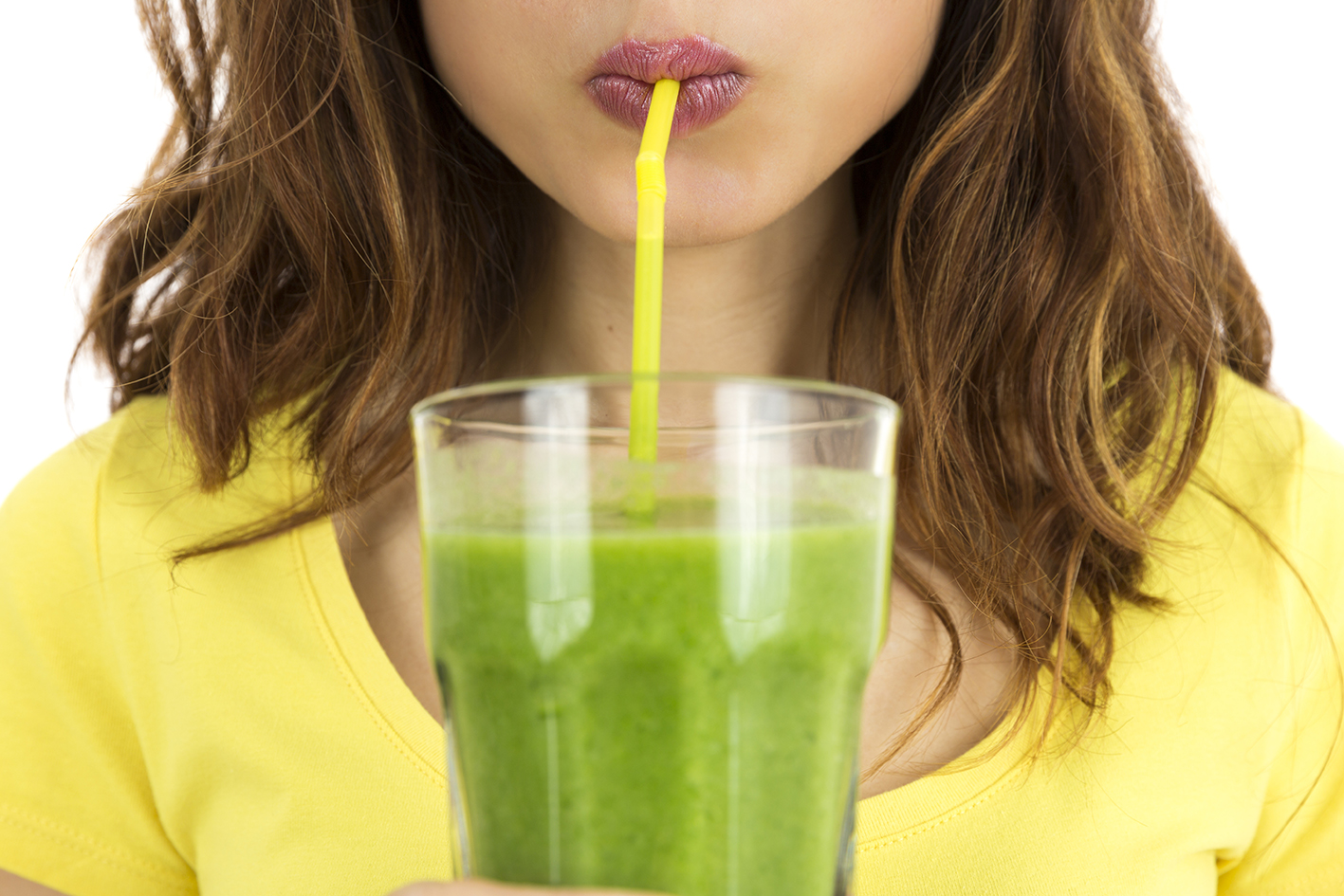This week is National Sugar Awareness Week, so it’s the perfect time to explain the links between sugar and poor oral health. We all know that sugar is bad for our teeth, but not many of us know exactly how sugar affects our oral health- something which will be explained in this blog.
Bacteria and Sugars
Your mouth is full of bacteria- and I mean full! Around 100-200 species of bacteria live inside the mouth, and someone who doesn’t practice good oral hygiene can have up to 1 BILLION bacteria on a single tooth surface. Most of these bacteria are beneficial to the oral ecosystem, however some bacteria, including one called Streptococcus mutans, can be very damaging to your oral health- Streptococcus mutans is known as the biggest culprit in tooth decay, as it promotes the production of acids and harmful enzymes in the mouth. Many people assume that it’s the sugar itself which causes tooth decay, however this is not the case – the harmful bacteria actually turn sugar into acids and enzymes which break down tooth enamel and cause a host of oral health problems, from cavities to sensitive teeth.
A battle in your mouth
Your teeth are constantly under attack by acids, but luckily the teeth have developed a way to reverse the damage through a process called remineralisation. Acids leech minerals from your teeth enamel, weakening the teeth and making it easy for decay to occur, however, these minerals are replaced by the body naturally! Saliva is a key ingredient in the process of remineralisation, containing minerals like phosphates and calcium which help to repair the teeth. In addition, fluoride in combination with these minerals can not only help to repair damage to the teeth but also reverse its early stages. It’s good to know that your mouth has natural defences against sugar, but they can only help so much – eating an excess of sugary or starchy foods is still incredibly harmful to your oral health particularly if consumed frequently – each time these foods enter the mouth the teeth are attacked by the acid environment created and it is this repetitive cycle which causes the most problems.
Methods of prevention
It may sound obvious but reducing sugar intake and also reducing the frequency of consumption are definitely the most effective ways to reduce sugar’s harmful effects on the mouth. However, in this day and age it’s incredibly difficult to know how much sugar you’re eating, as many foods you wouldn’t expect to be sugary, like BBQ sauce, granola and baked beans actually have very high sugar contents! Saliva is important to prevent tooth decay, so try to stimulate the production of saliva by chewing sugar-free gum and eating fibrous fruits and vegetables like raspberries and potatoes. Brushing your teeth twice a day is also essential to keep tooth decay at bay, as toothpaste contains the previously mentioned mineral fluoride, which together with the minerals found in saliva create an effective defence against the acids caused by consuming sugar.
If you are worried that your teeth are becoming damaged from high sugar consumption, don’t hesitate to book an appointment with us at London Holistic Dental Centre by calling 020 7487 5221, as it may not be too late to reverse the damage to your teeth that sugar causes.

